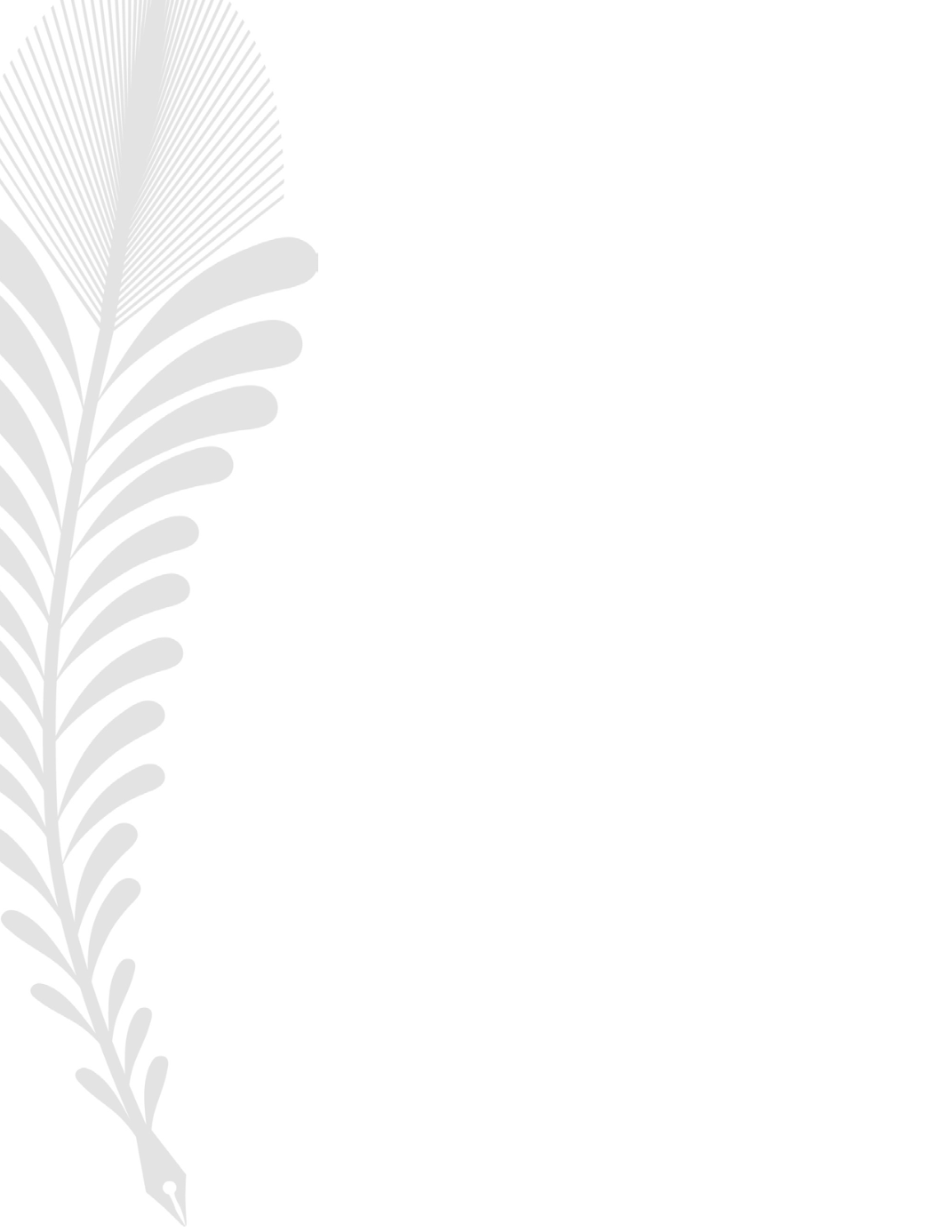
Fiction: Group 4
The Peral River Delta
Island School, Shetty, Disha - 14, Fiction: Group 4
ll of the villagers have nothing left to sell. We have no income. The fish do not get sold in the
market anymore because we are told they still taste like shampoo. Our crops do not grow well
because they are poisoned by the acidic water. Our families are starving and our children are dying.
Hunger congests our stomachs and thirst burns our throats. We have nothing.
I grab my net, the rough weaves softly graze my back as I sling it over my shoulder. I watch my footsteps
as I open the door bit-by-bit, hoping not to wake the children up. I step outside into the cold air, where
the wind whispers secrets of the river to me as it brushes my face. I stand still for a few seconds to watch
dawn seeping down from the mountains. But this paradise of mine is soon crushed.
The stench of garbage has taken over the air. The sordid smog gradually swirls into the once beautiful,
orange sky and takes its throne in the clouds. The sound of my feet plodding through the mud wakes a
swarm of insects and sends them scattering out from their homes.
I head towards my fishing boat, parked on the side of the river, the blue and red designs that my children
painted are now fading away to reveal the umber woodwork underneath. I place my palms on the back of
the boat and push it into the river. It rubs against the pebbles on the ground and creates a rattling sound
before it splashes into the water. I throw my net on and then jump into the boat. I pull the oars out of the
resting places and use it to push the boat away from the muddy shore. As I paddle, the calm water laps at the
sides of the oars and the boat, pleading for life.
The plants have started to rot on the sides of the river. The fish slowly float to the surface, dead. There is
nothing left in this river aside from the trash that is polluting our lives. What was once a lustrous cascade of
blue and green is now a liquidised landfill.
Every morning I set out into the river, hoping to catch at least one dainty fish. I drop the bait in and cast out
my net, but all that comes out is more dead, rotting, shampoo-tasting fish.
In the lively river that used be, I can now hear nothing. No birds swooping down gracefully for breakfast.
No other fishermen laughing and chatting. No smooth water slipping out of my hands. All that is left is me,
waiting.
My children always say to me, “Daddy, when I grow up, I want to be just like you – a fisherman” and,
“When I grow up, I will catch the biggest fish for dinner every night”. But they do not know what is in
store for them. They do not know how hard their lives will be. Unless we can prevent the situation from
getting any worse. Unless we do something.
I remember those times those people came in, wearing huge suits and carrying glass tubes. I trod over our
fields and tested our waters. They claimed our water was acidic, unhealthy and over-polluted. What could
we do though? We have no money to solve this. How will we fix this? These people have not helped us in
any way. They just told us what we already know and then walked away.
I know my children can do something about this. They can solve this. They are smart. They will bring us
back our good days and they will bring us back our happiness. I don’t know how but they will.
A


